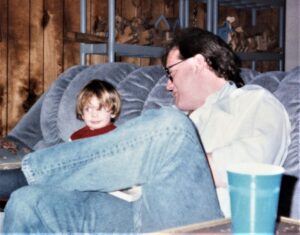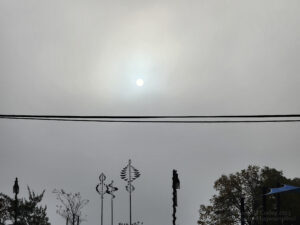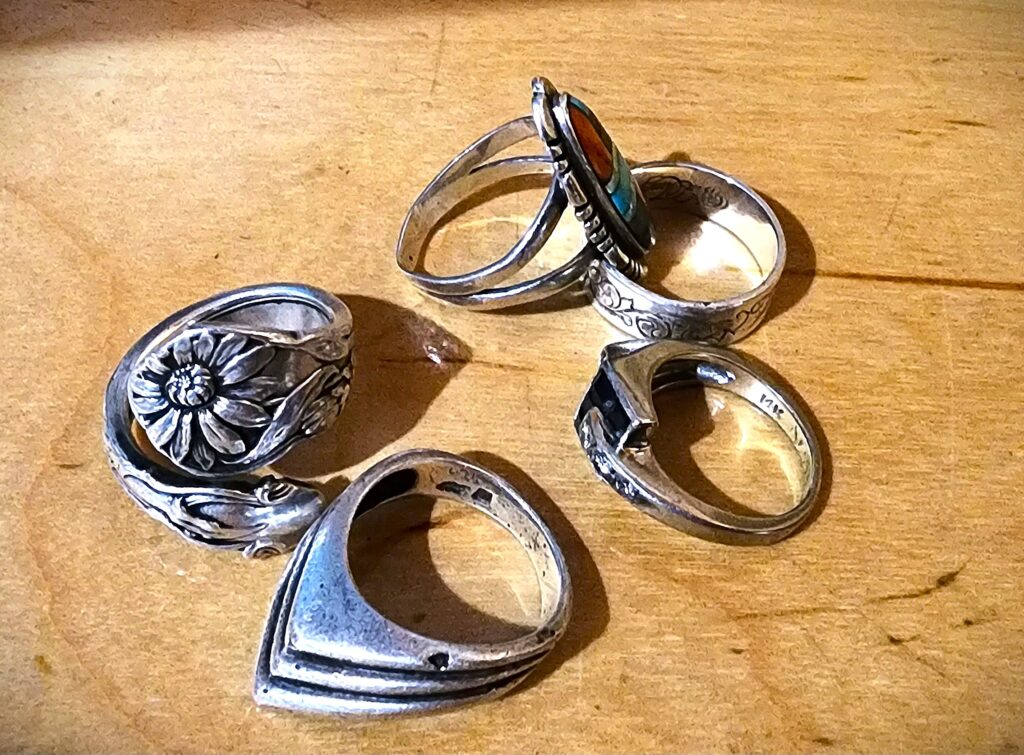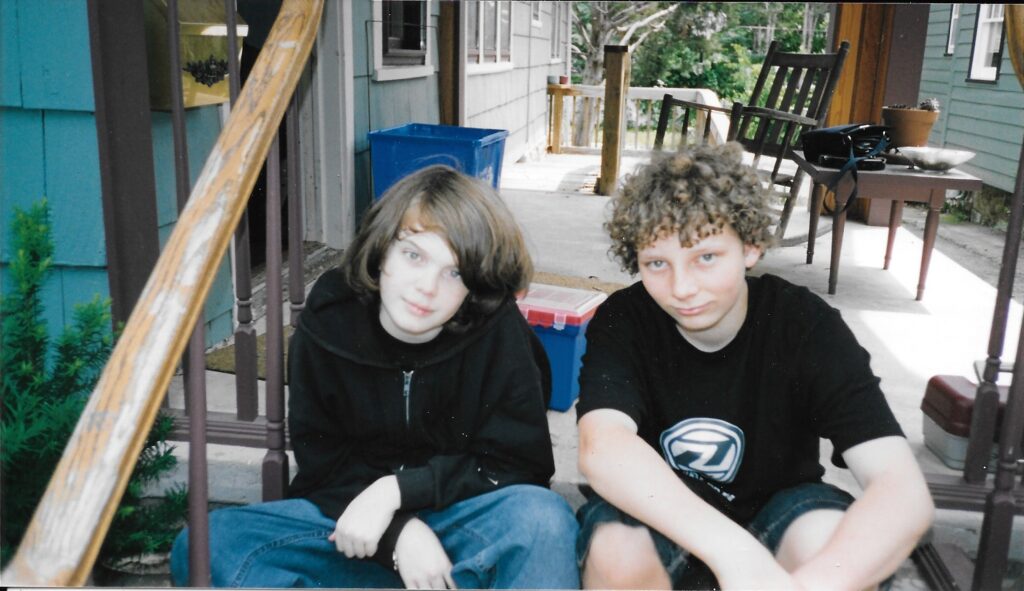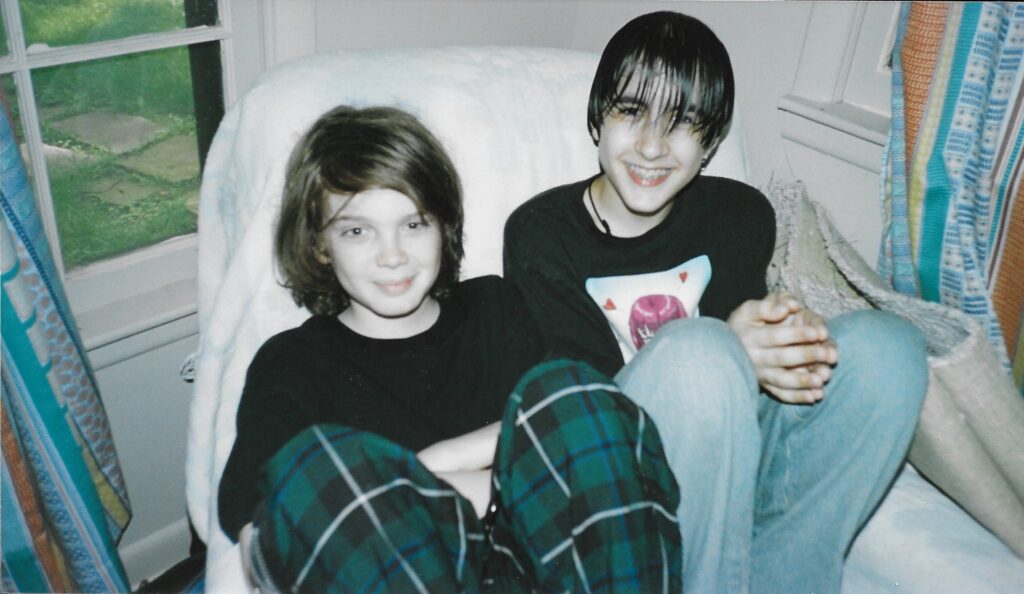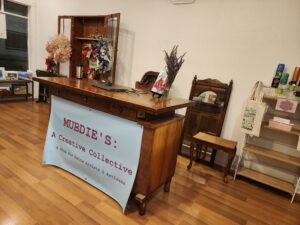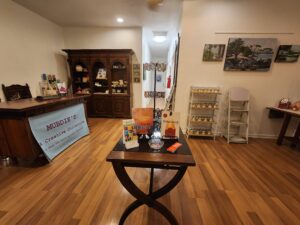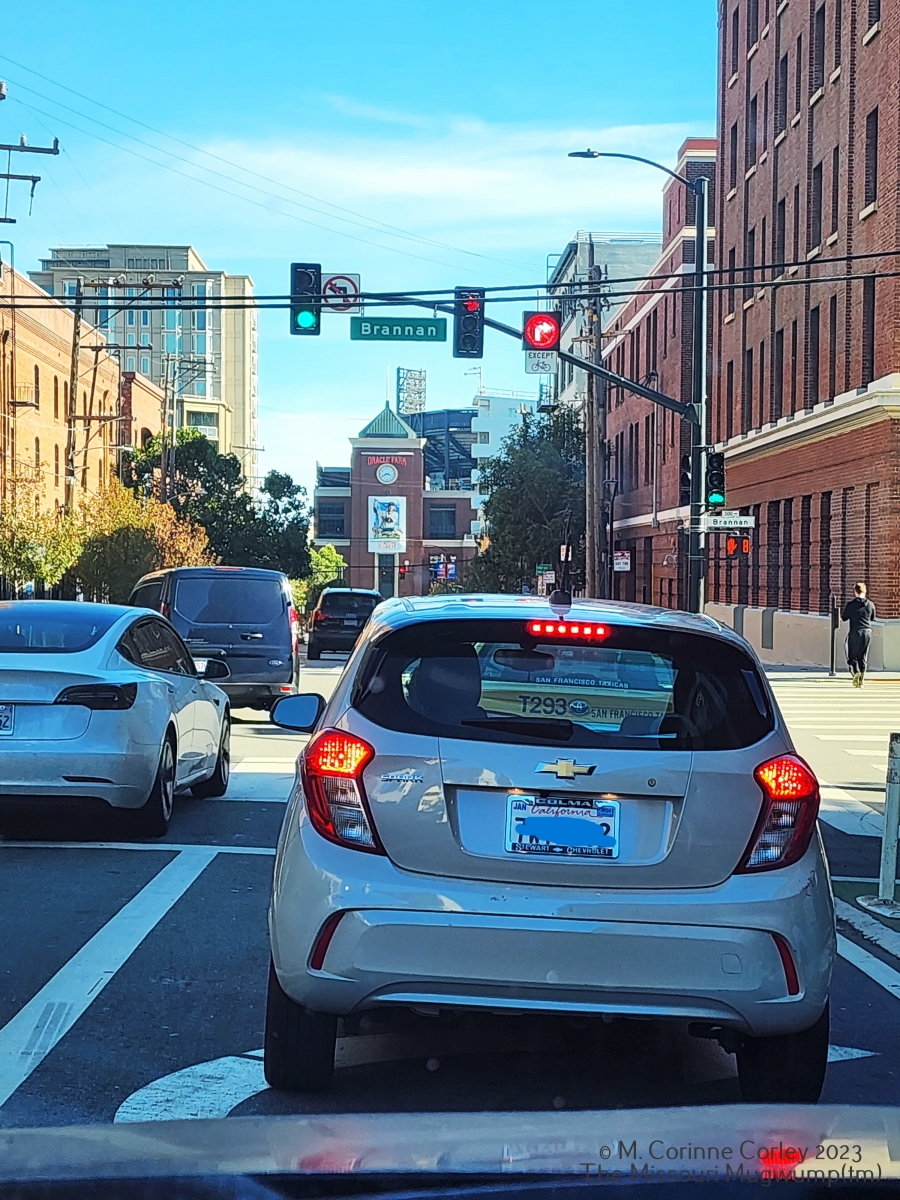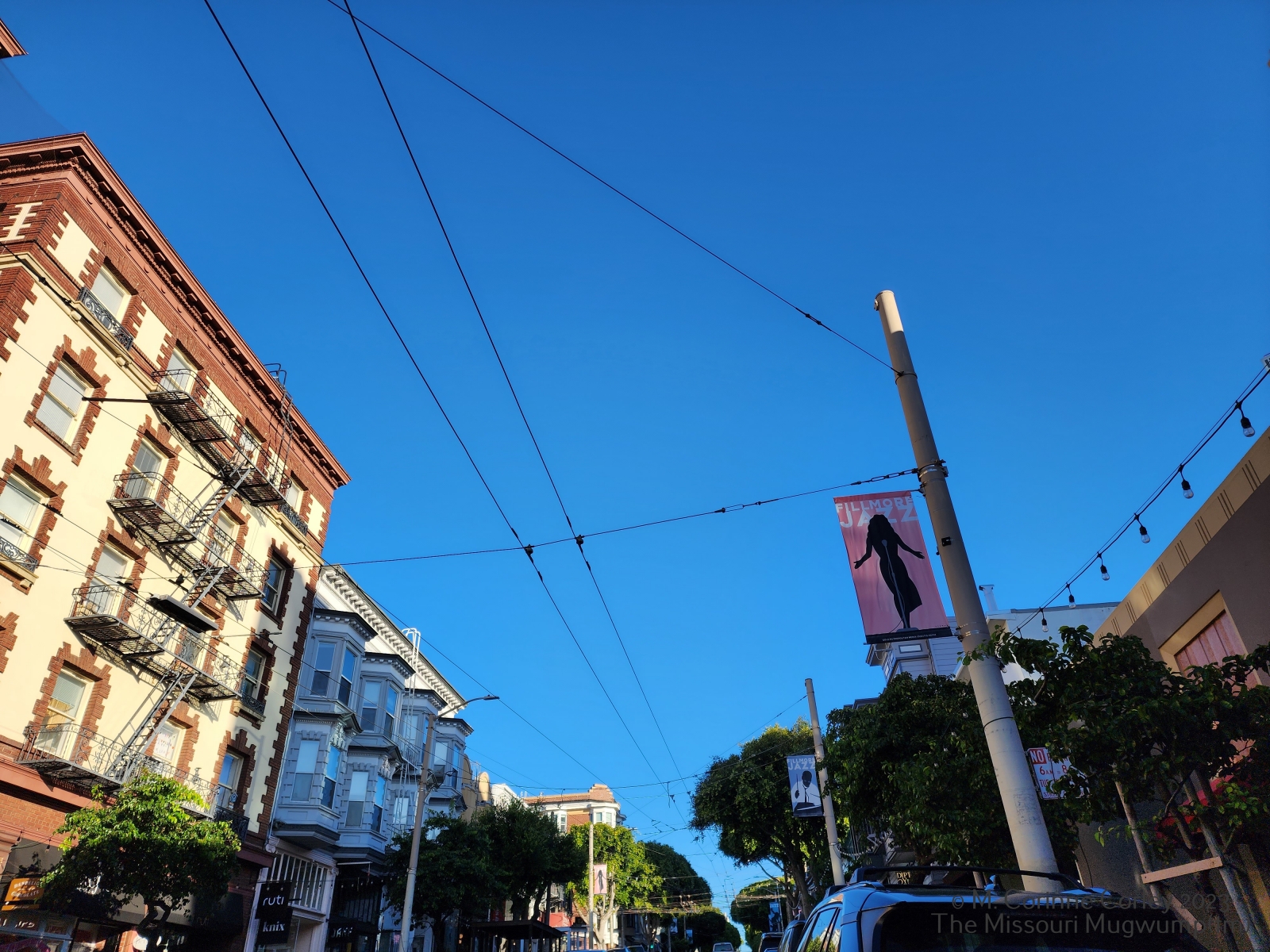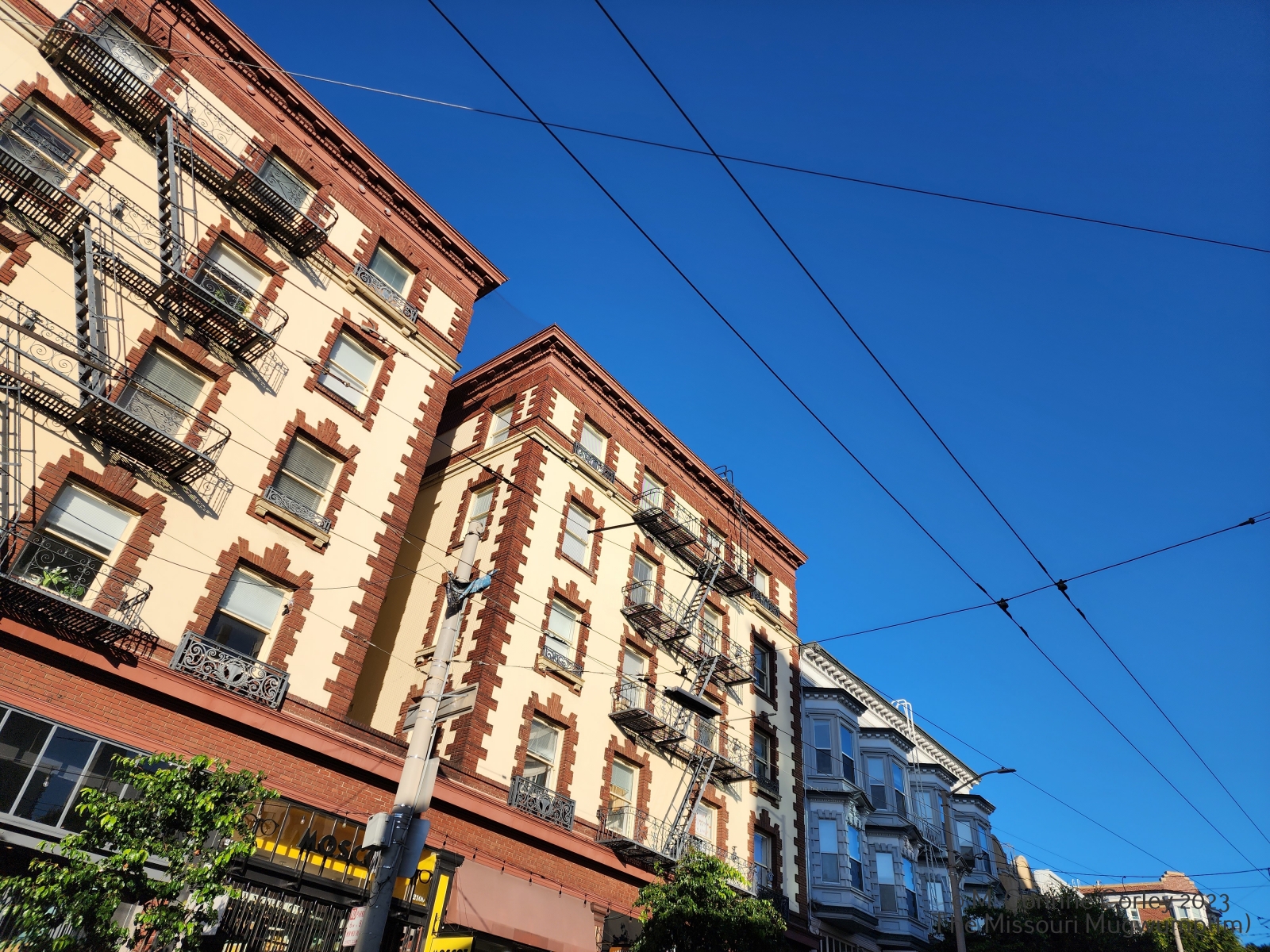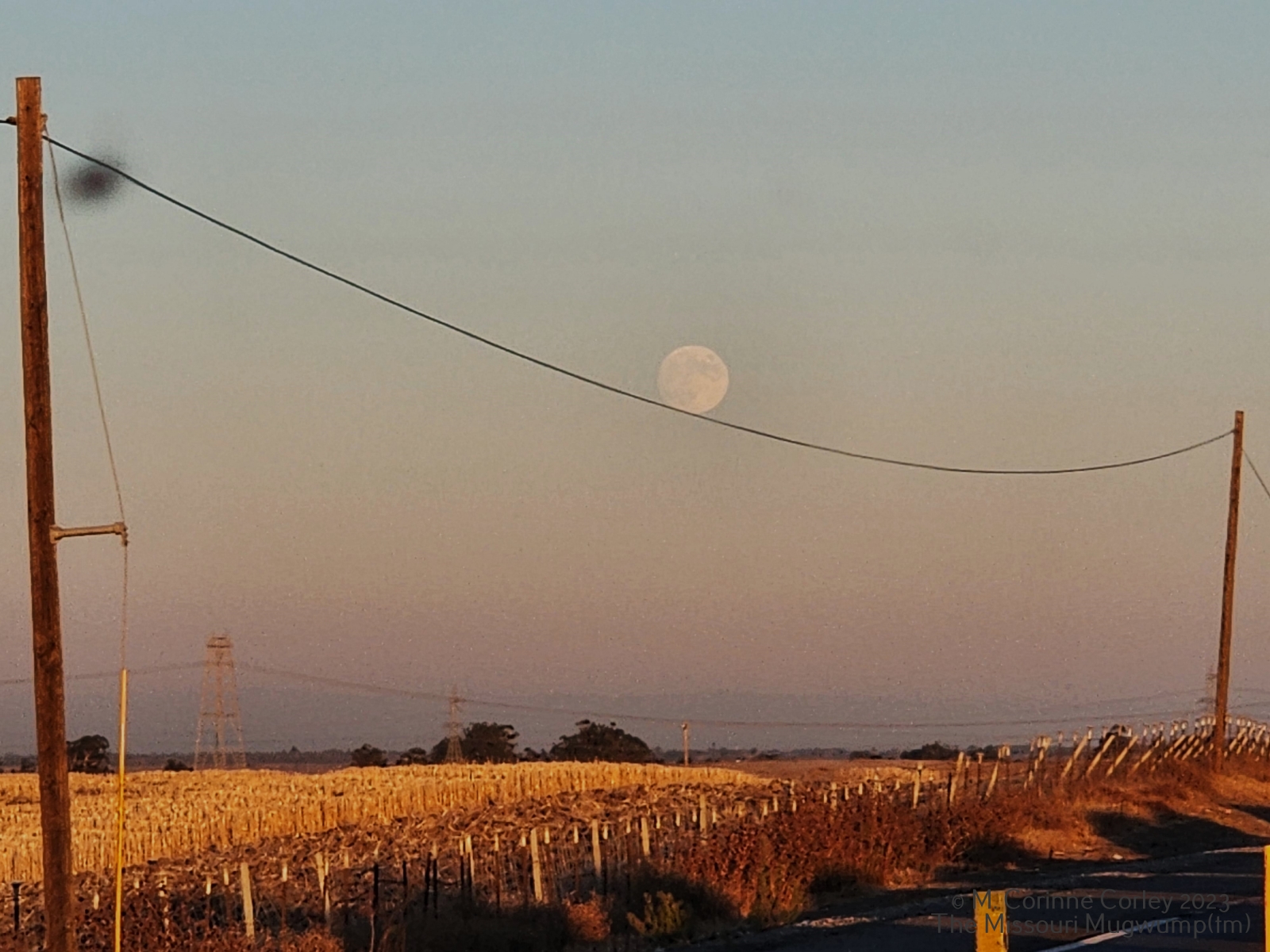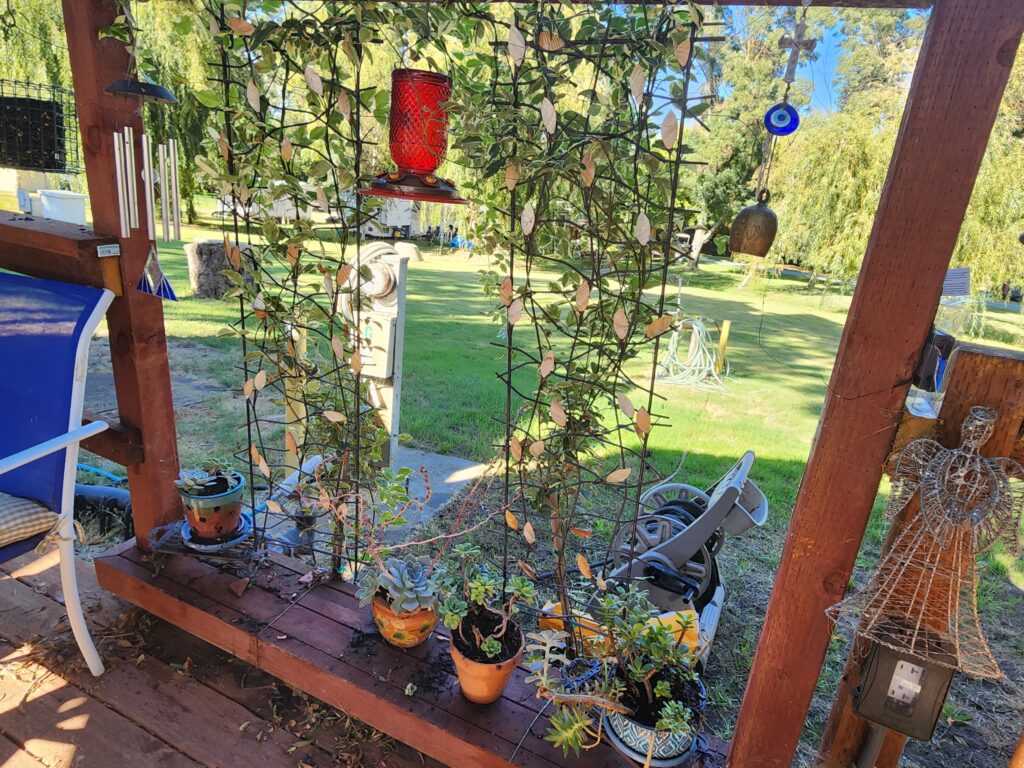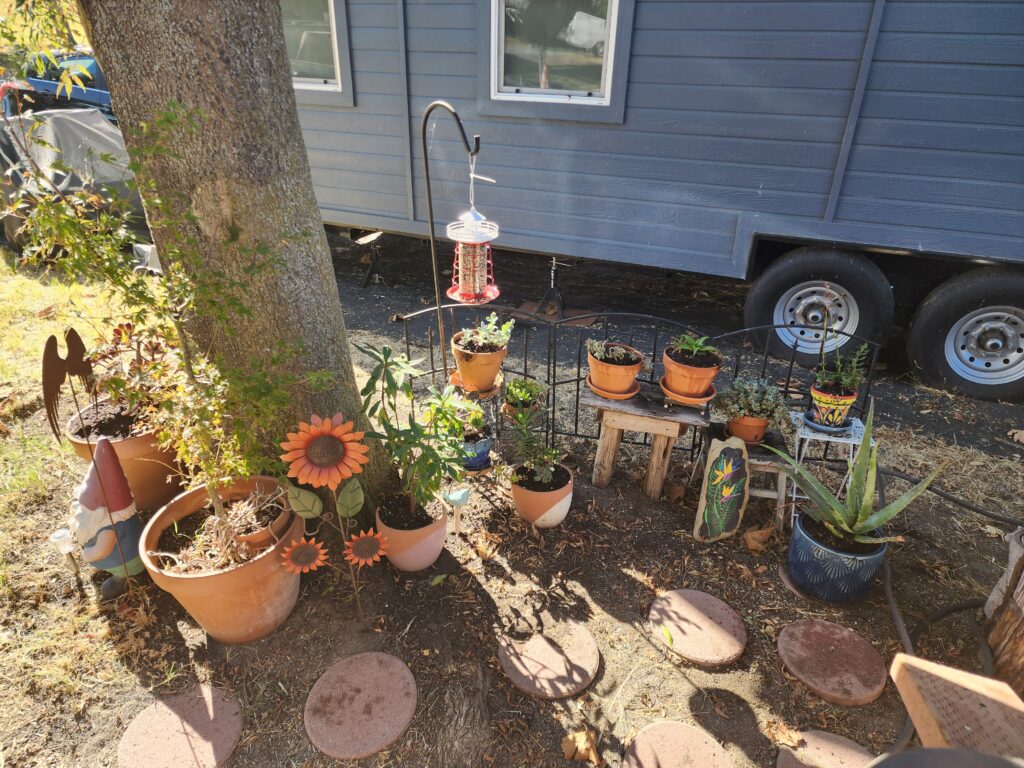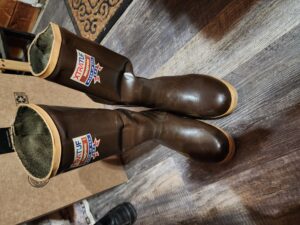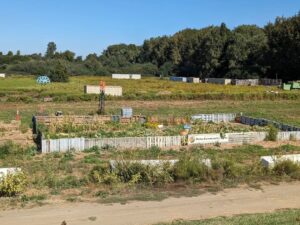I left the land of heavy snow and shards of ice falling from gutters six years ago last week. Here in this new land, this adopted home of mine, winter looks like crisp blue skies alternating with torrential rains and battering winds. I skirt soggy mounds of dank vegetation on my path to the car each chilly morning. Branches rasp against the tin roof of my tiny house. A grey patch of light glimpsed through the transom window signals the perennial dawn. I wake to see it.
Yet still I find wonder in my surroundings. An owl hoots; a dove calls; a coyote raises its voice through cold dark night. For the thousandth time I yearn for a fireplace, or in the very least, a small iron stove from which shimmering waves of warmth flow. The electric heating system efficiently heats this small space but lacks romance. I wrap myself in the blanket that my son sent last year and sit in the small chair that Tim Anderson swapped for my old rocker. With my feet propped on my great-grandmother’s stool, I could not be more cozy even without a fire’s cheerful glow.
My house has changed so much in the six years that I have lived here. An entire bed cubby that once seemed like a fine idea found its way to the dump. New floors with a soft underlayment stretch across the entire main floor. I’ve been through the rocker that I brought with me and two others that just did not suit the space. Now the writing loft has become a cozy bedroom. At the far end of the house, above the bathroom, a guest sleeping space gathers dust. I’m thinking of alternative ways to use it. Every inch of wall holds art or family memorabilia. I have shelves that bloomed in the years since I moved here, and cupboards, and storage solutions on which I settled after multiple failed tries.
I did not get out the Christmas decorations this year. In a little while, I might at least hang the wreath that my sister Joyce made so many years ago from dried grapevines salvaged from our mother’s yard. A few ornaments never get stashed away; they hang from the stair rail or the window frame, reminding me of Christmases past, ready to serve Christmases in years that have not yet dawned. I see them every day but their nostalgia has not faded. The green bell that came from my paternal grandmother’s collection; an angel labeled “Sister”; the star with my name and the year “1958” painted on the back. If I strain, I can hear the ghostly chatter of a Corley Christmas morning and see a smattering of crumbs from the candy-cane cookies that we nibble after Christmas Mass in a torrent of torn wrapping paper.
My only child made the journey by car to see me. He drove three thousand miles and now sleeps in a cabin around the circle from me. I feel immeasurable gratitude that he made this effort. Sometimes when I look at him, tears threaten to spill. A scene from one of my favorite movies rolls on the cruel screen of my troubled mind. A stepfather sits across from a wise and knowing child. He apologies “for every kind of Daddy that I have nor haven’t been since I met you.” Those words resonate for me. I botched parenthood in the first three decades, though in my own defense, I didn’t have the best role models.
Yet I dare to hope that he forgives me or at least can reach a place of peace in my regard. I do not and will not speak for him. For myself, I cling to Nana’s words like the last lifeline within my strained reach: Put your best foot forward. Where life persists, improvement still might follow. Or as my mother repeatedly instructed: If you walk every day of your life, you’ll walk every day of your life. So keep walking.
I abandoned religiosity years ago. I accept that a huge segment of humanity believes that December 25th marks the anniversary of the birth of a child sent to save the world from itself. Just as many hold other beliefs. They all engage in rituals designed to do service to some yearning that humans need to sate. As for myself, tomorrow can only ever be remembered as my little brother Stephen Patrick’s birthday. Had his life not ended, he would be sixty-four. Perhaps his spirit tarries on the river here, resting on its banks as the migrating waterfowl settle in the reeds.
Winter provides me with a chance to huddle deep inside my thoughts and quiet contemplation. Like the small seeds beneath those mounds of rotting leaves, I have yet another chance to gather my strength as I prepare for a glorious emergence come the spring.
It’s the twenty-fourth day of the one-hundred and twentieth month of My Year Without Complaining. Life continues.
- A swan in the slough near my home, December 2023.
- Patrick Charles Corley (left) and Stephen Patrick Corley on one of my brother’s last Christmases among us.

